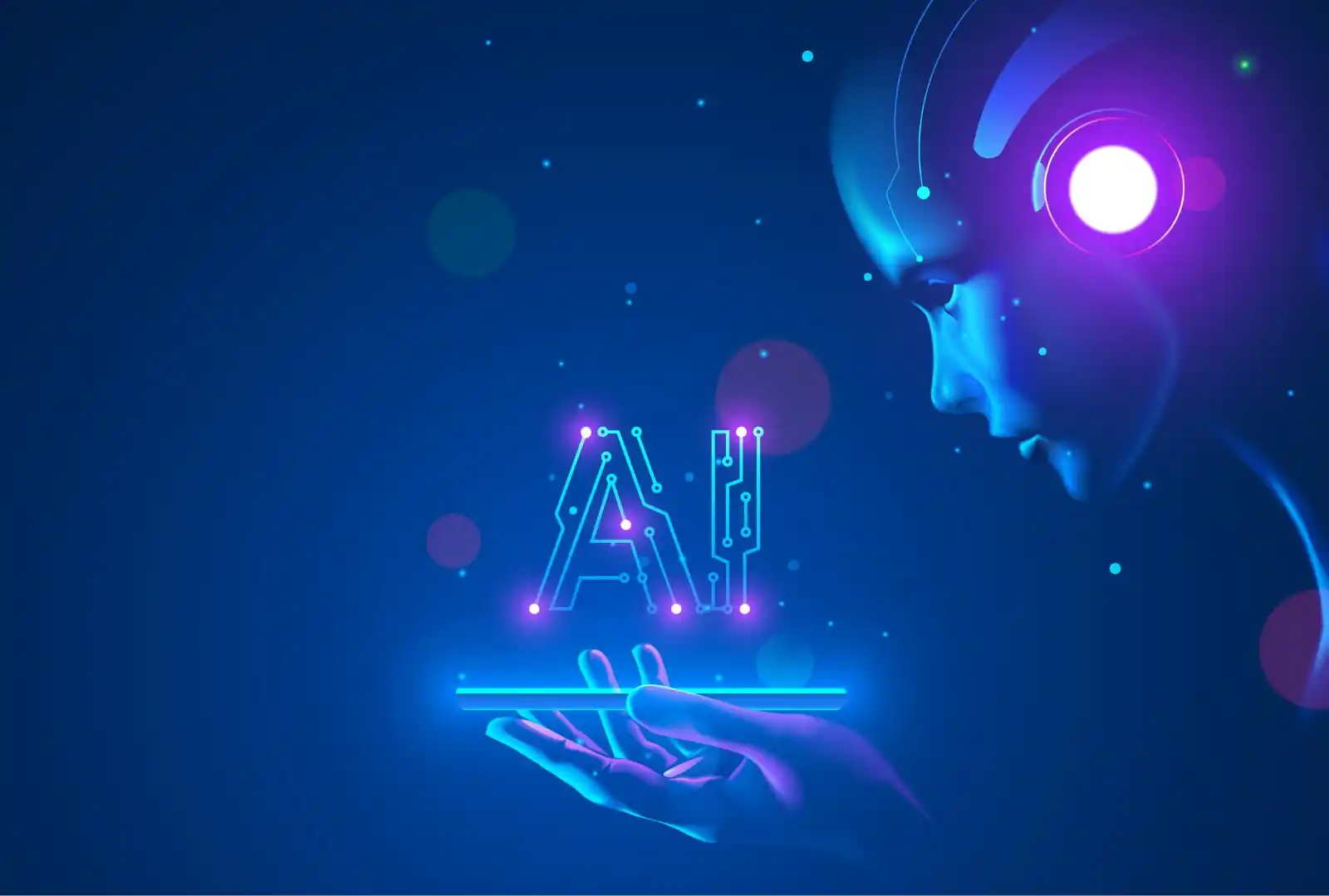| All | Blog | Videos | Webinars |
4 dangers of AI for legal advice in 2026

Around the world, there is a growing discussion about AI language learning models, the dangers of AI and its use in society after the popularity of ChatGPT, plus the growth of other AI models, such as Google’s AI overview and Gemini.
With AI tools being rapidly developed and many people using them to help with activities from writing, to general life advice, to planning holidays, it is understandable that some people try to use AI to help them with other issues, like legal advice.
In fact, there are even websites with their own AI lawyers where you can ask questions related to your situation, which it will then try to advise you on.
However, there are many issues around using AI legal advice. It is unwise to take much of what these AI tools say at face value. We shall tell you why it is dangerous to do so.
1. Sources cannot always be trusted
Untrustworthy sources are one of the biggest dangers of using AI for legal advice. Whilst AI chat models mention their sources in the current day, you still should not trust what the AI says at face value, especially in matters of law.
The AI could be referencing outdated information on webpages that have not been updated, or it might be referencing old information even though new information is widely available.
Some sources could even be completely unreliable to begin with, so we recommend always checking what sources the AI model references. However, it would just be easier and quicker to use a traditional search engine to find current information. Then, you can contact a solicitor for more tailored advice for your situation. In our case, you can contact us for expert immigration advice.
2. Incorrect information and legal advice
While some information is simply outdated, it was at least correct at some point in time.
Meanwhile, some information AI models hold in their databases can be completely incorrect. If the AI is trained on biased information, that can result in it providing that information to you, making this a great danger of AI use.
AI models are simply stating whatever information they have stored or found, and are not actually forming new opinions or conclusions and cannot find the bias in certain situations. Therefore, you should not automatically believe everything that the AI model states. It does not really understand what it is saying, it is essentially a different version of a search engine, an answer engine.
Incorrect information is one of the key AI dangers to avoid.
3. AI makes things up
There are times where people have asked AI questions and it provides an incorrect answer that is based on nothing at all, with no sources and nothing in its database. This is different from AI being trained on the wrong information, and instead a result of AI always needing to provide you with an answer.
For example, people have asked AI about the plots of popular films and books, which it will then provide an incorrect overview of. If it cannot get information about popular media correct, then it will not always be able to provide correct legal advice.
As they are language learning models, they have no rational or thinking ability of their own, they are just programmed to always give you an answer. If it does not know something, it will sometimes make something up.
4. No human connection for immigration advice
A human expert in law can assist you with any questions you have, no matter how specific they may be. An AI model may struggle to come to certain conclusions, due to its outdated information.
By talking to a person, you get a human connection and can talk to someone who provides advice unique to your situation. They will treat you with empathy and care, unlike an emotionless AI model.
As many of our clients come from abroad, they may not know how the UK immigration system works or what updates have recently been introduced. Some are vulnerable people who may not have the ability to check that information is correct themselves. This is why a human connection by using an immigration expert is important. For example, for our clients, we help them by telling them what options they have, then we assist them in figuring out which is the best for them, then we take instructions on their behalf.
Next, depending on the specific circumstances of our individual clients, we draft applications, collect evidence and arrange biometrics appointments, to carry out their instructions. During all of this, we take responsibility for keeping the clients up to date with their applications and reassuring them until the Home Office reaches a decision. Our team of real people provides support like no AI can.
Real people can offer their unique expertise. Also, if you talk to an AI chatbot on a solicitor’s site, then it will not be able to respond to you in a caring manner. It will not understand the complexity or the importance of your situation.
How our team can help and avoid the dangers of AI
Instead of taking a risk by using AI for your legal needs, you should instead contact us. Our expert team has years of experience in assisting people with their UK immigration needs; they can help you too.
We have a free 10-minute long consultation, which can then be followed by a paid consultation that can last either an hour or 30 minutes. Visit our webpage on what to expect during your consultation meeting for more information.
You will get a caseworker assigned to you, who will be completely dedicated to helping you with whatever issue you have. They will be there to answer any questions you have and will support you all the way through your matter.
Book your free 10-minute consultation at Woodcock Law for expert law advice that you can trust.





